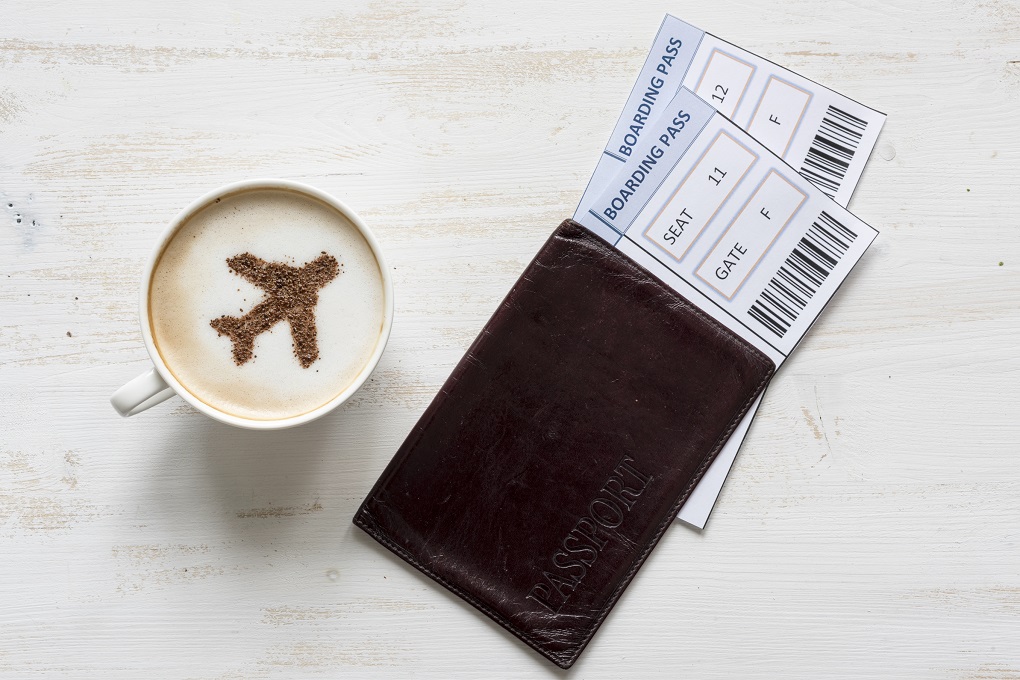When you book a business flight — whether individually or through a business travel agency — the assumption is you’ll use the ticket. Unfortunately, life happens. Emergencies arise. Plans change. Maybe you made a mistake. Even a layoff, gulp, may occur.
So what happens to those tickets? Here’s what you need to know.
It’s not uncommon for business travelers to change itineraries after booking — it’s the nature of the beast. In the case of non-refundable tickets, which is the bulk of what’s bought by regular air travelers, they’re supposedly more affordable in the first place. Meanwhile, flexible tickets cost significantly more — three or four times more, in fact — affording travelers the ability to change them without restriction. Not surprisingly though, flexible flights are more geared toward expense account toting business travelers.
In 2012, according to the Transportation Department’s Bureau of Transportation Statistics, travelers paid U.S. airlines $2.5 billion in cancellation fees, up from $915.2 million in 2007. That number is growing.
It’s important to keep in mind that sometimes — though not the rule — airlines bend their restrictions when it comes to non-refundable tickets. Note that the Department of Transportation requires airlines to either “hold” a ticket purchase for 24 hours or to offer a full refund within a day — that is, unless you’re booking within a week of departure. Full refunds are also issued by airlines when they cancel their flights. If you have an emergency, however, you’re generally expected to take the scheduled flight or ask for a credit — one that requires you to play a hefty change fee, which hovers around $200, plus any difference in the cost of airfare. Anything else is very rare.
The fact is, this “lost” money represents revenue for the airlines, so they are not quick to give it up.
Adding insult to injury, unused tickets usually cannot be donated, are non-transferable, and expire within a year.
Although policies vary by airline, exceptions may include:
- A refund in the original form of payment for the death of a passenger
- A voucher for the death of a family member, with supporting documents
- A refund in the original form of payment for international travel for the death of a family member, with supporting documents
- A schedule change that’s unacceptable to the customer when between 61-120 minutes, in which case the customer may be eligible for a voucher
- A schedule change that’s unacceptable to the customer occurs when over 120 minutes, in which case the customer may be eligible for a refund in the original form of payment
In short, unless your airline booking is flexible, you — or, to the point, your company — generally will need to use that ticket as is, face a large change fee (plus additional flight costs), or simply eat the cost. So, weigh things heavily when booking through a business travel consultant or your company’s determined travel plan provider and decide if a refundable or non-refundable ticket is right for you.
By: Jennifer O.

Cassie Sclafani




